Nespresso pours cold water over rival brands
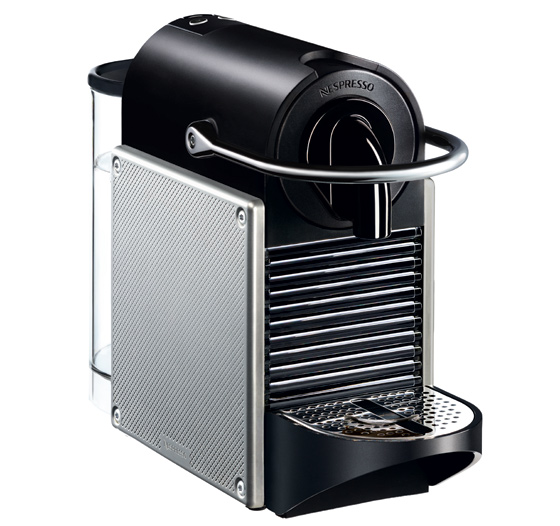
Swiss food giant Nestlé has had mixed results in its legal fight to prevent competitors from using rival capsules in its Nespresso machines.
Last month, Nestlé gained a court injunction against supermarket chain Denner selling cuckoo capsules in Switzerland. But the food giant failed on Monday to convince a separate court that Denner’s capsules infringed its patent rights.
Nestlé is currently involved in a three-way legal battle against rivals which have produced cheaper capsules that can be used in Nespresso machines.
Ongoing legal action in France against United States giant Sara Lee and the Ethical Coffee Company was recently supplemented by two further law suits – this time in Switzerland – aimed at Denner.
The first, heard in St Gallen, forced Denner last month to take its capsules from its supermarket shelves. But the second separate case – that has no bearing on the St Gallen ruling – went against Nestlé as a commercial court in Zurich ruled on Monday that Denner’s capsules did not violate intellectual property rights.
To make matters worse for Nestlé, Ethical Coffee Company (ECC) founder Jean Paul Gaillard told swissinfo.ch the firm will enter the Swiss market in September, having struck a deal with an unnamed Swiss chain store to stock its pods.
Gaillard, who headed Nespresso for ten years, said he would do things differently from Denner. The Denner chain was not only the first competitor to sell such pods in Switzerland, but also mimicked Nespresso’s well known “what else?” marketing campaign.
Reaping rewards
“We will not repeat the same mistake of using Nespresso’s written brand,” Gaillard told swissinfo.ch. “It allowed Nestlé to be tougher with Denner and gave them a stronger case.”
Denner, along with other Nespresso rivals, has argued that Nestlé’s actions will harm consumer choice.
Nestlé insists that it welcomes fair competition, but is determined to defend some 1,700 patents that protect its lucrative invention. Having invested considerable capital and time developing the Nespresso brand, Nestlé has only recently begun reaping the rewards.
The Vevey-based multinational announced more than SFr3 billion ($3.1 billion) in revenues last year from its Nespresso business that first hit the market in 1986.
Mental chess
Other companies have tried to cash in on this increasingly popular market by first producing similar machines, but more lately by developing pods that piggyback on Nespresso technology.
Swiss media rumours that Nespresso planned to nip this competition in the bud by introducing a smart chip system that rejected cuckoo capsules were dented by the absence of such a system in the new Pixie model unveiled last week.
Some observers have speculated that Nestlé could build the chip – already in place on its tea pod machines – into future coffee systems.
The Swiss newspaper Blick has reported that the Competitions Commission has requested documents from Nestlé relating to the new Nespresso machine.
Gaillard, however, claims he is ahead of the game having already patented a coffee machine chip.
“We are not stupid,” he told swissinfo.ch. “When I planned my product I played a game of mental chess with myself and asked myself what I would do if I was in Nestlé’s shoes. We have already filed a patent that pre-dates Nestlé’s chip.”
“Had Nespresso used this chip we would have issued an injunction straight away against these machines.”
Expanding market
The spate of legal activity highlights the importance of the stakes. The single serving coffee pod market, while a lucrative one in recent years for Nestlé, is still immature according to experts, with plenty of room for expansion.
The first of Nespresso’s 1,700 patents are due to expire in 2012, but the system’s inventor, Eric Favre, believes the market leader will still prevail.
“After 20 years, you can’t prevent the opening of the market,” Favre recently told Bloomberg news agency. “Nestlé has the know-how from the start to the finish and because of this will be able to keep its leadership position.”
A plethora of rival capsules will come out,” added Favre, who created the original Nespresso in 1976 but has since set up a competitor and has plans to launch a tea pod system in China. “The Nespresso brand is more important than the patents.”
Nestlè was the first company to introduce a high quality espresso style coffee capsule product to the market in 1986 – 10 years after filing initial patents.
Nespresso’s initial launch met with only modest success, but was boosted by a new strategy that aimed the product at the high end sophisticated market.
Nespresso has become established as an iconic consumer brand with a range of machines and pods available to buy online or through a growing number of boutique shops. Customers can also join an exclusive Nespresso club.
The engagement of Hollywood star George Clooney to promote the brand has further boosted Nespresso’s image.
As the Nespresso brand took off, rival companies were quick to produce their own machines and pods at cheaper prices, but Nespresso continues to dominate the market based on a reputation for higher quality.
The arrival of new rival capsules that can be used in Nespresso machines threatens to more seriously challenge Nespresso’s dominance.
A pack of 10 Nespresso capsules generally retails for €3.70 (SFr4.87) while the comparable price for Sara Lee’s L’OR product is €2.99 and for the Ethical Coffee Company’s capsules, €2.60.
Denner introduced a pod to Switzerland in December that retailed at SFr0.25 (€0.26). It was withdrawn from the discount supermarket chain’s shelves in mid January following the St Gallen court order.

In compliance with the JTI standards
More: SWI swissinfo.ch certified by the Journalism Trust Initiative

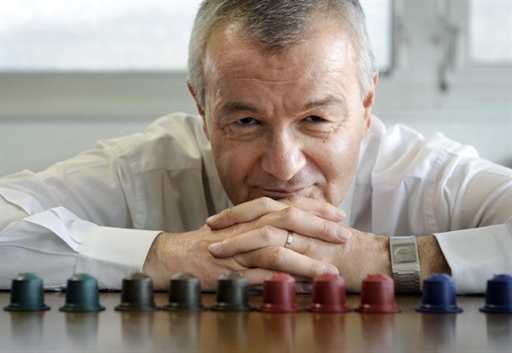
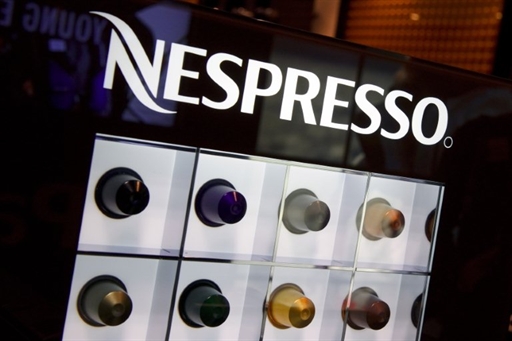
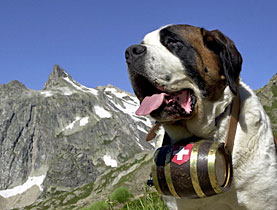
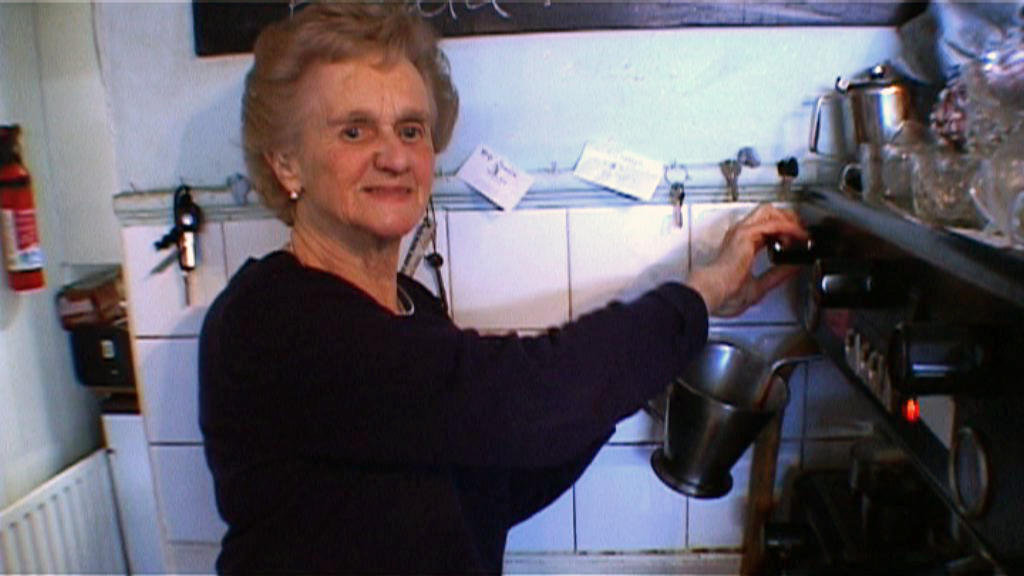
You can find an overview of ongoing debates with our journalists here. Please join us!
If you want to start a conversation about a topic raised in this article or want to report factual errors, email us at english@swissinfo.ch.